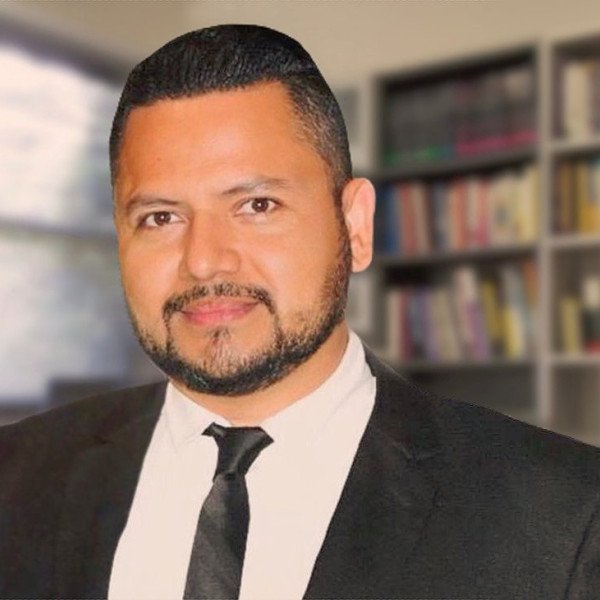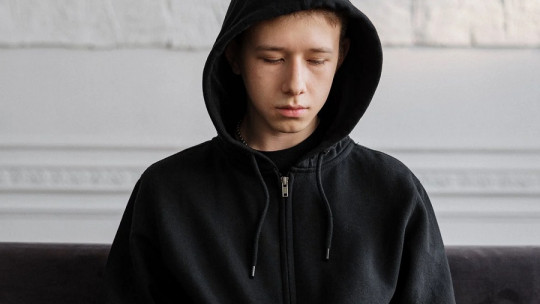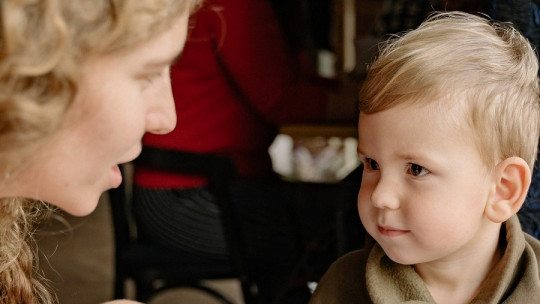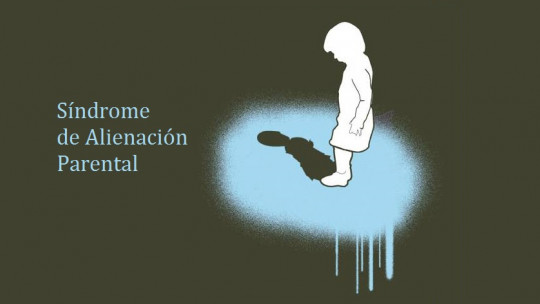
Love is one of the most complex and abstract emotions. of the human being, by which we have a deep feeling of connection towards someone. It is also a multifaceted experience, since love can be romantic, family, friendship, personal or altruistic.
How to help a teenager understand love?
On multiple occasions, attempts have been made to give a universal definition by artists, philosophers or scientists. As a result, there are multiple definitions, but none indisputable, because love is quite subjective, it depends on your own experience. Being so, How can you explain love to your child?
No parent wants their child to suffer, not even out of love; in the same way that you don’t want him to hurt others and not have healthy relationships. Therefore, in this article I focus on giving guidelines and suggestions on how to help a teenager understand love.
1. Emotional education
The first thing you can start with is emotional education. Teaching your child to recognize, understand and manage their emotions increases their emotional intelligence, which can also allow them to deal with the emotion of love.
What is important is that the work aimed at teaching emotional intelligence begins from a young age, since They live with their own emotions from the moment they are born and it is the best age to learn anything.
If you are reading this article as a parent, chances are that you have always been concerned about learning to manage their emotions, even if you have done so even unconsciously.
Likewise, if this has not been the case, don’t worry, it is never too late to learn. If not, all the existing emotional intelligence courses, nor psychological therapy, would make no sense.
2. Free communication
When we are teenagers, we detach ourselves a little (or a lot) from our parents, because we seek to be independent and create our own identity, to define ourselves. Therefore, your child may not want to talk to you about love.
If you ensure that the family climate is pleasant and that there is fluid communication from a young age, it is easier for them to feel free and safe to express their emotions and consult you when they need it.
For this, You can practice active listening when he talks to you, especially in those moments when he wants to explain how he feels.. Another idea that helps is to share your own experiences, tell them things about your life. He/she will see you as closer, more accessible and, between both things, he/she will feel safe to talk to you without you judging him/her.
3. Definition of a healthy relationship and a toxic one
In order for you to have a healthy and stable relationship, you first have to know what one is like. With this objective, you can explain certain signs and qualities that distinguish a healthy relationship:
On the other hand, it may also be useful for you to know what a toxic relationship is like, so that you can identify red flagthat is, signs that tell you that you should change or break up the relationship before it is too late. Among these features are:
If your relationship with your partner is healthy, it is possible that you have already served as a model and have a good reference. On the other hand, if you consider that your relationship does not meet those criteria or you directly broke up the relationship a while ago, explaining things explicitly is always good.
4. Take care of your self-esteem
In order not to lose ourselves in a relationship and end up with someone who makes us feel bad, we need to learn to take care of ourselves and maintain good self-esteem. For this purpose, you can praise and reinforce their qualities, skills and characteristics, as well as not beat them down and support them in times when they feel like a failure.
This way you will ensure that he does not have the impression that he only deserves love and admiration when he does things well. The idea is that your own comments serve as a model and ideas that they have to believe.. Although sometimes, as our father/mother tells us and only has good eyes for us, we don’t quite believe it.
In this sense, you can help your child learn to do it on his or her own and be able to maintain good self-esteem (while also continuing to contribute as your primary caregiver). Encourage them to practice self-care, physically and psychologically, so they can feel good about themselves.
5. Respect and acceptance of diversity and sexuality
We live in a society with certain values and ideas instilled in us, which create expectations about the lives of others and our own. Among these ideas is heterosexuality: most of us grow up or live believing that everyone is heterosexual, until the opposite is discovered.
To replace this social assumption, we have to make internal changes. You can contribute your grain of sand to this change, educating your child with respect for sexual diversity and love, talking about it freely and emphasizing that all forms of love and sex are valid as long as there is mutual respect.
He/she may be from the LGTBIQ+ community, so this education could serve as a way for him/her to accept himself/herself and to know that he/she has the support and respect of his/her father/mother.
On the other hand, it is important that you know how to recognize clear, informed and mutual consent. I put a lot of emphasis in the article on respect and explicit communication, and I do so again. It is necessary that both variables exist in any relationship, and it is important that your child understands this. Without respect and acceptance, there is no healthy love.

Gabriela Sotomayor
Gabriela Sotomayor

Dr. Arodi Martinez
Dr. Arodi Martinez

Diego Rojo & Team
Diego Rojo & Team

Maria Sol Stagnitto
Maria Sol Stagnitto








